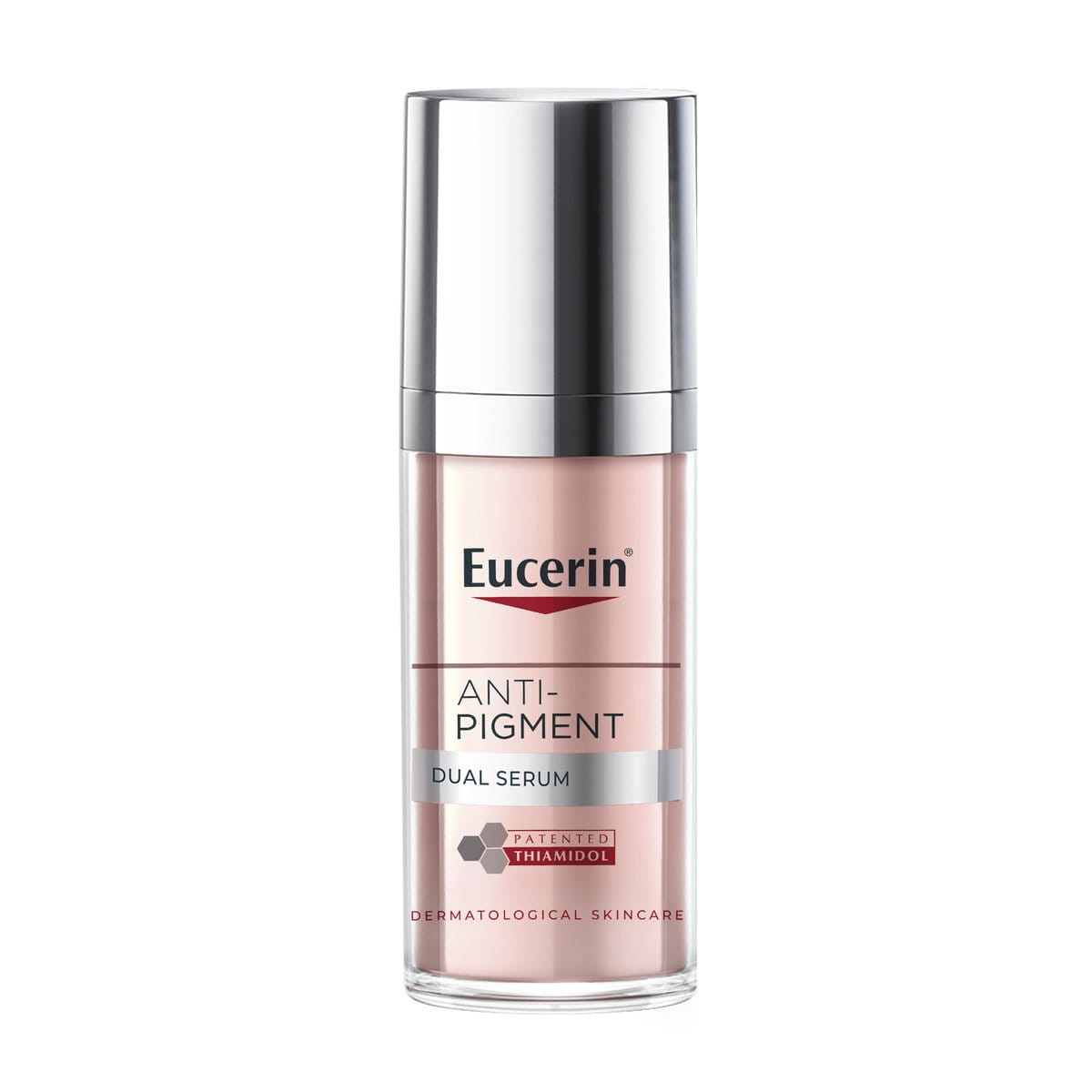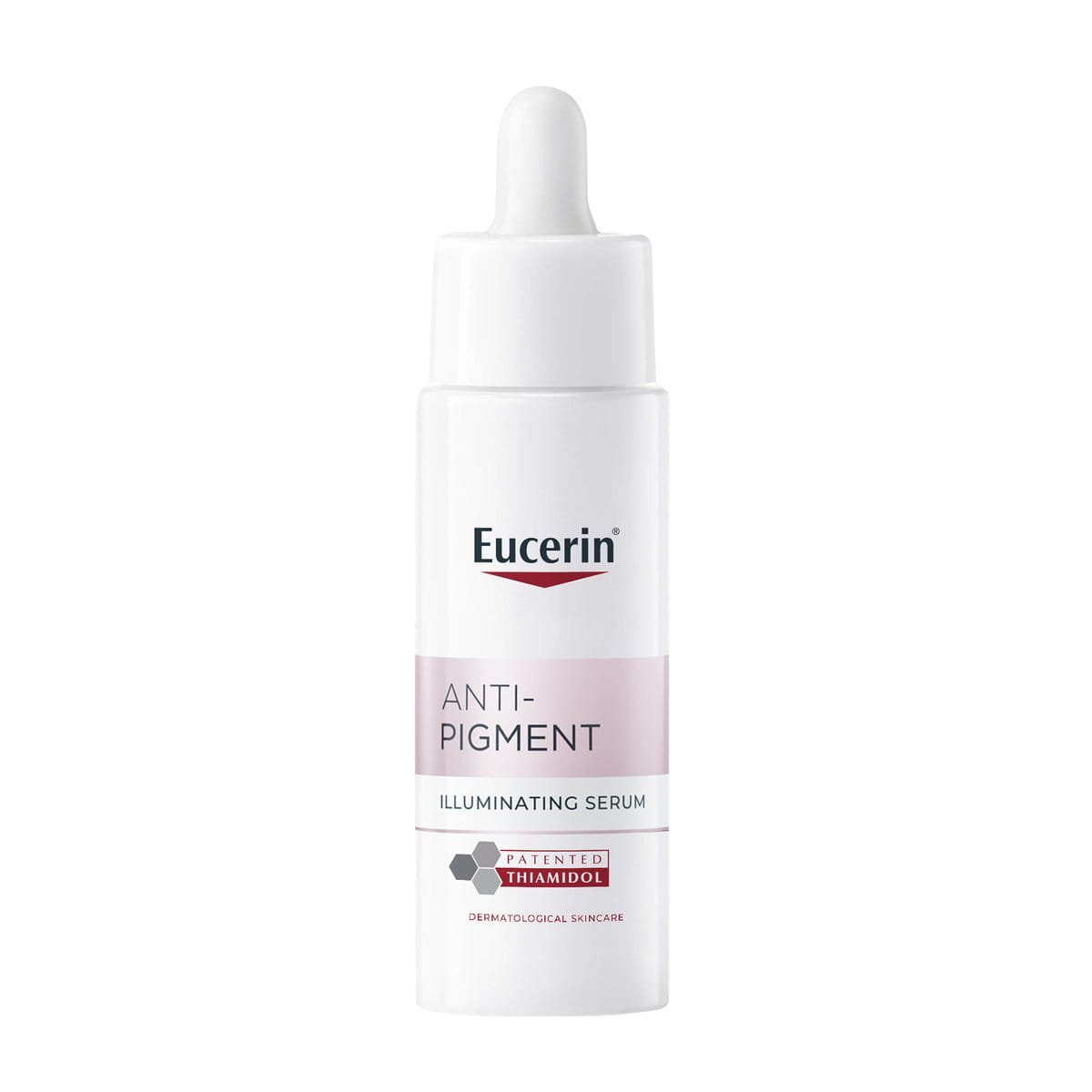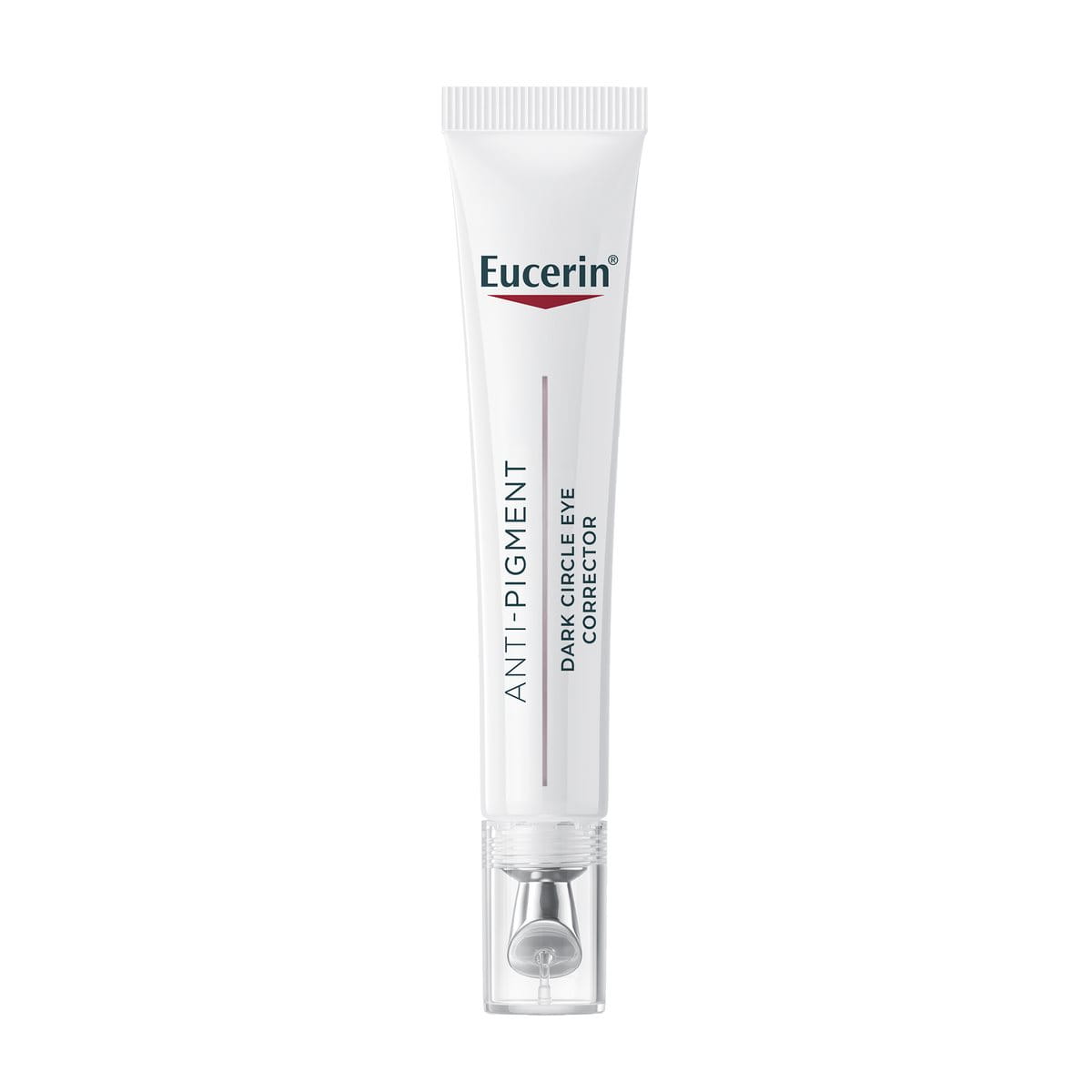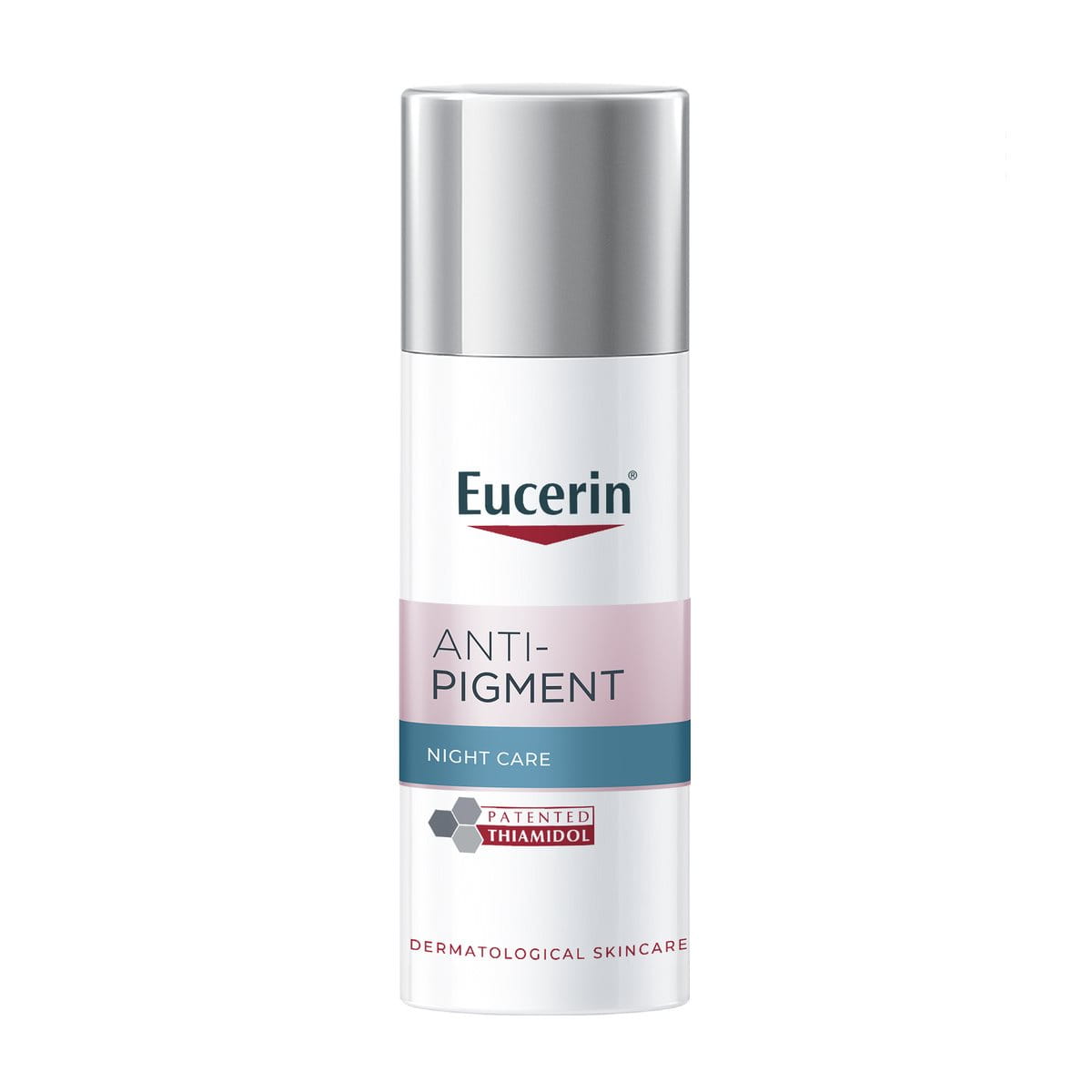There is nothing more annoying than waking up with a pimple on your face. Pimples are as undesirable as they are unattractive. Acne occurs when too much oil builds up in the body. Although oil is essential for healthy skin, too much can lead to a pimple breakout. When pores are blocked with oil, dirt, or bacteria it gives rise to pimples. However, like most problems, this too has a remedy. Effective acne treatment for oily skin is available. While oily skin cannot be done away with completely, there are ways to make your skin less oily. Also, there are measures you can take to deal with the nuisance of acne.
Understanding Oily Skin and Acne
Essential oils are necessary to keep one's skin healthy. Under your pores lies the sebaceous gland, which produces a natural oil called sebum. Sebum is needed to moisturize and protect your skin. However, when there is excess sebum, it can be detrimental to your skin. Apart from giving your skin too much sheen, it can block pores and cause acne.
What causes acne in oily skin?
There are many reasons why you could have oily skin. These reasons include excess oil production, clogged pores and dead skin cells, hormonal fluctuations, and external triggers. You need to identify these causes and treat them accordingly. Listed below are the factors that cause oily skin in detail:
-
Excess Oil Production
Excess oil can build up under the skin and lead to an acne flare-up. Excess oil is produced for a variety of reasons such as genetics, weather, lifestyle, and diet. Reasons like genetics play a huge role in you having oily skin. If both your parents have oily skin, you may have it too.
-
Clogged Pores and Dead Skin Cells
Too much sebum can cause excessive oil, which tends to clog pores. Moreover, oil can mix with dead skin cells and also cause acne. Hence, it is important to follow a good cleaning routine to avoid acne build-up. Cleaning along with exfoliating from time to time will deter oil build-up.
-
Hormonal Fluctuations
Hormonal fluctuations have their part to play in increasing sebum production in the body, which causes the face to become oily and form pimples. This mainly affects adults. Stress can increase the hormone cortisol, which can cause acne. Factors like puberty, menstruation, and pregnancy affect oil production in the human body.
-
External Triggers
External triggers such as wearing tight-fitting clothes or hats can cause acne. Air pollution and weather conditions like humidity can cause acne too. If you pick on your acne, you can make it worse. Poor sleeping patterns can cause you to have it too. Lastly, certain foods too can cause acne.
Key Ingredients for Oily Skin Acne Treatments
Oily skin needs to be handled with utmost care. Your first impulse may be to quickly scrub away the excess sebum. However, you need to tread carefully as you may accidentally rid your skin of its natural moisture. Read on to learn about the best ingredients for oily skin.
-
Lactic acid: Using lactic acid for skin care offers you a smoother and brighter complexion. Not only does it lighten dark spots and remove dead skin cells, but it also improves fine lines and wrinkles. It works well on people with sensitive skin too, and is used in an array of skincare products.
-
Salicylic acid: This is a beta-hydroxy acid that is renowned for reducing acne. It does so by exfoliating the skin and keeping one's pores clear. It can be found in numerous over-the-counter products. This particular acid works best on blackheads and whiteheads and helps prevent more breakouts.
-
AHA/PHA: PHAs or polyhydroxy acids are a beauty ingredient that are known to hydrate skin, boost skin cell regeneration, which helps reduce the appearance of fine lines and wrinkles. Compared to other such exfoliating ingredients, they aren’t as irritating for those with sensitive skin.
-
Thiamidol: Thiamidol is a patented ingredient that is used to deal with post-acne marks. It is clinically proven to reduce post-acne marks by a whopping 80% and blemishes up to an impressive 90%. An ingredient like Thiamidol improves pores by 71%, and its first visible results appear in 2 weeks.
Best Acne Treatments for Oily Skin
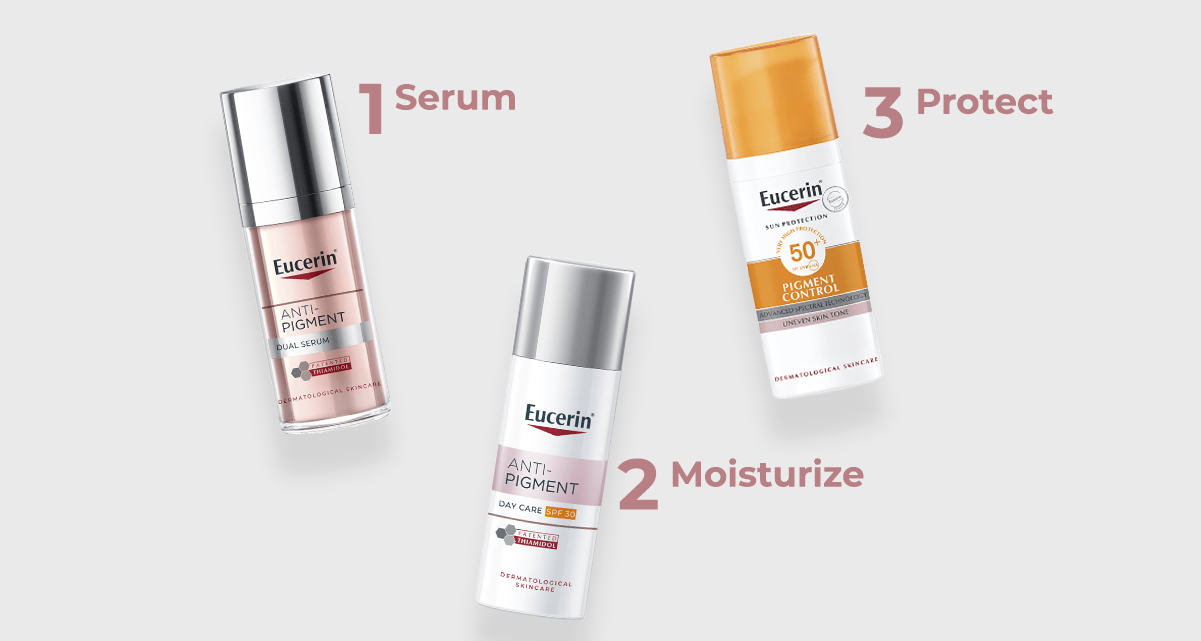
There are numerous creams and ointments available to treat acne for oily skin. Listed below are details of products you can use:
-
Gel-Based Acne Treatments
Cleaning and toning your face is essential if you want to keep acne at bay. Regular exfoliation will also clean your pores and do away with dead cells. You must also consult your dermatologist to provide you with the best treatment given the severity of your condition. You can ask them to recommend a suitable gel-based acne treatment to remedy your pimple problems. Your dermatologist can guide you to the right product for acne spot treatment for oily skin. Products with salicylic acid, benzoyl peroxide, and retinoids are great for drying out blemishes.
We recommend: DermoPurifyer Triple Effect Cleansing Gel, DermoPurifyer Toner - Face Toner for Oily Skin -
Oil-Free Moisturizers
If you struggle with oily skin, it is important that you use oil-free and noncomedogenic products, including oil-free moisturizers. Be sure to read the product labels and ensure they say ‘oil-free’ before you pick them.
-
Sunscreen for Oily Skin
If you already suffer from oily skin, then it is wise to stay away from sunscreen that contains oil. Sunscreens, which are heavy, may make your pores look larger and clog them.
We recommend: Sun Face Oil Control Gel-Cream SPF50+
Tips for Treating Acne on Oily Skin
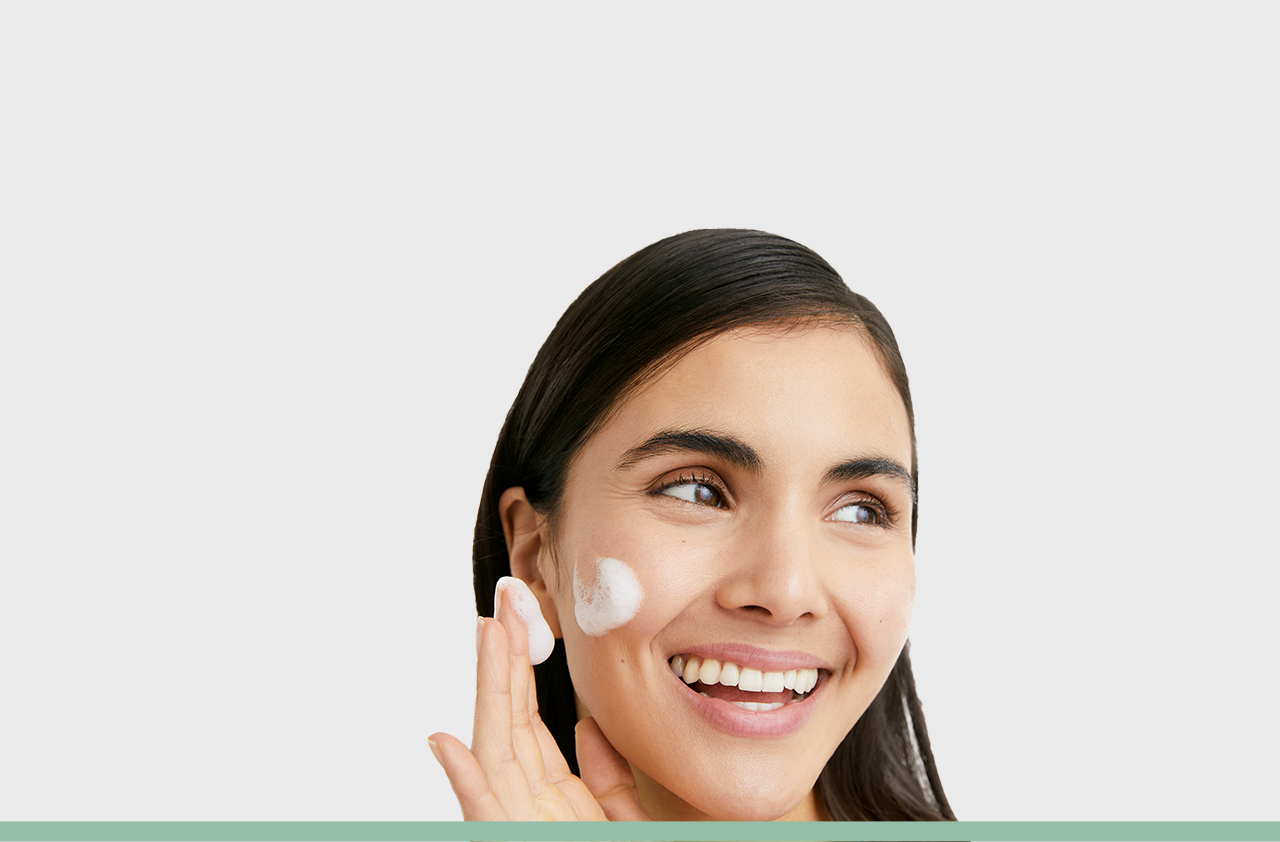
Many people have had to deal with pimples at some point in their lives. Doing away with acne completely might be a pipe dream. However, you can take measures to reduce them considerably:
-
Establish a Consistent Skincare Routine
Wash your face twice every day. Make sure you are gentle and do not scrub excessively as it may worsen the acne. Apart from cleaning, use products to exfoliate your skin so that dead skin cells do not clog your pores. You may assume that oily skin does not require moisturizing but that is not the case. Your skin will benefit from a non-oily and noncomedogenic moisturizer.
-
Avoid Overwashing Your Skin
Maintaining good hygiene is important but make sure you do not overdo the cleaning as it may result in damage. Avoid the use of facial scrubs, astringents, and masks.
-
Be Mindful of Makeup Products
Use oil-free or non comedogenic makeup products as they clog up pores causing pimples. Water-based products are a better alternative. Certain makeup products can irritate the skin. Silicone and glycerine-based hair products may make for a better alternative compared to oil-based ones. Using heavy oil-based shampoos may cause you to get pimples on your temples or forehead.
-
Don’t Touch Your Face
You must avoid constantly touching your face as your fingers may have come in contact with cellphones, bags, vehicles etc that may have bacteria. As tempting as they may seem, restrain yourself from picking and squeezing your blemishes as this may cause an infection or result in scarring.
-
Incorporate Anti-Inflammatory Products
One of the best solutions for acne is using anti-inflammatory products such as azelaic acid, benzoyl peroxide, niacinamide, etc.
How Eucerin Can Help Manage Oily Skin Acne
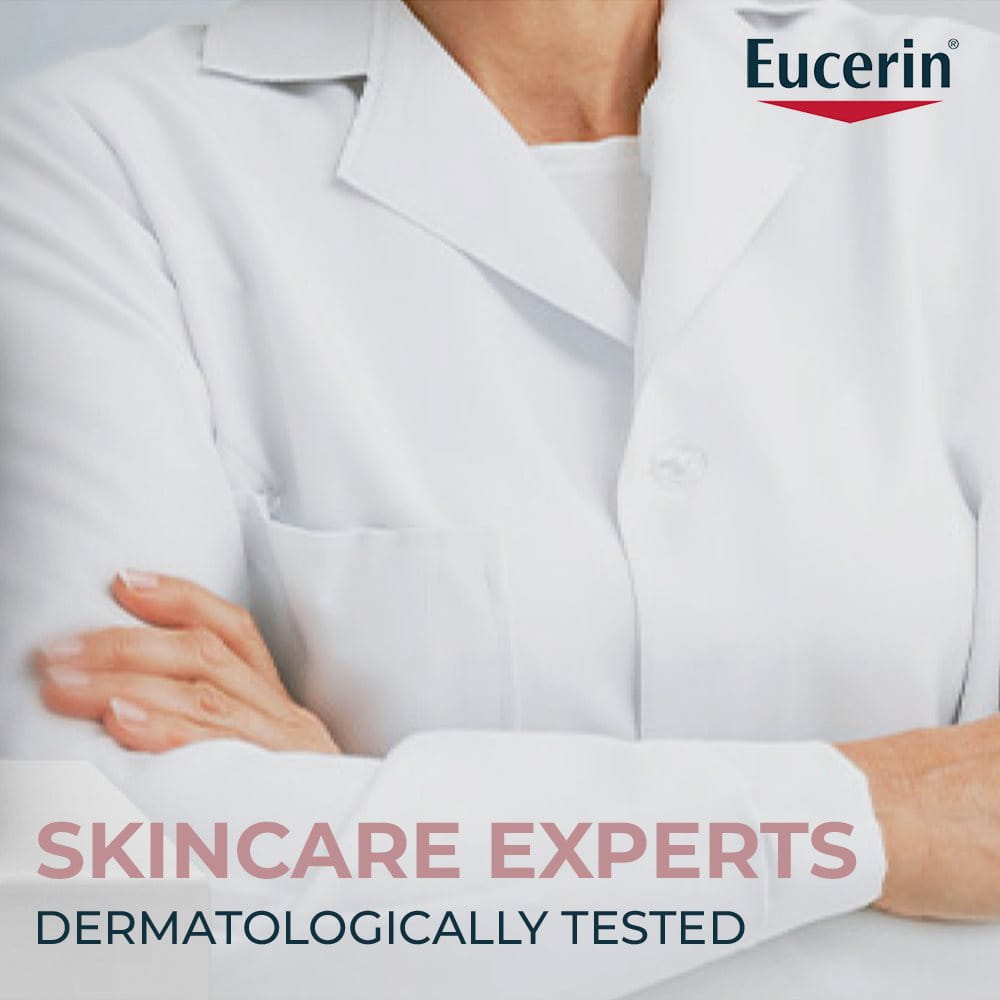
Eucerin strives to use skincare science to deliver the best products for your skin. Eucerin products can help your body regulate the amount of sebum produced so that your skin does not get oily and cause pimples. At Eucerin, we understand how skin-related issues can affect you emotionally and socially. Our ardent hope remains that your cosmetic problems do not seep into other areas of your life. So, we hope to help you tackle skin-related problems. Read on to learn more about the measures we take to give you top-notch products:
-
Dermatologically Tested Formulas
Eucerin’s formulas have been dermatologically tested by researchers, who have combined four active ingredients to help with acne. Ingredients such as amino acid L-carnitine and Licohalcone A are strong anti-inflammatory ones. Eucerin products are a desirable blend of safety and efficiency.
-
Clinically Proven Efficacy
Combined with advanced research and high standards, Eucerine products are tested in the laboratory. Ingredients are tested on reconstructed skin models to gauge the product's effect. Moreover, patch tests are conducted on human participants to explore how tolerable the product is on actual skin. So, you can rest assured that you can rely on our products for your skin.
-
Suitable for All Skin Types
There are four healthy skin types in all. Whether your skin type is normal, dry, oily, or a combination, Eucerin caters to all healthy skin types. There truly is something for every skin type on our website.
Conclusion
If left untreated, acne can get out of hand and also affect your self-confidence. So, it is always better to consult a doctor and use good quality oil-free products based on your skin type.
FAQs:
-
What is the best acne treatment for oily skin?
The best treatment for oily acne-prone skin is oil-free and gel-based cosmetic and cleaning products.
-
What is the best acne routine for oily skin?
The best acne routine for oily skin is washing your face gently two times a day as rough scrubbing may rob the skin of essential oils.
-
What treatment is best for oily skin?
Using anti-inflammatory skincare products such as azelaic acid, benzoyl peroxide, and niacinamide is best for oily skin
-
How to remove oily skin naturally?
If it’s acne treatment at home for oily skin that you are after, then you should know that you cannot remove oily skin completely. However, you can decrease it considerably by following a healthy diet, adhering to a good cleaning routine, and avoiding stress.
Source links
- Managing oily skin: How to control oil from face |Divya Agarwal | 08 Aug 2024
- Do You Need Moisturizer If You Have Acne? | Dan Brennan | August 11, 2021
- Nonprescription acne treatment: Which products work best? | Mayo Clinic Staff
- Lactic Acid for Skin to Smooth Lines and Even Complexion | Angela Palmer | November 20, 2024
- Can Salicylic Acid Help Treat Acne? | healthline.com
- AHA and BHA for Skin: What to Know | Evan Starkman | September 18, 2023

